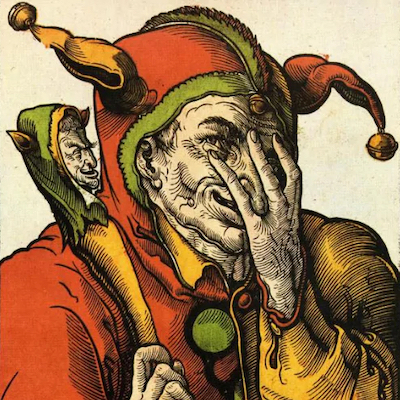Agile is not Democracy

In the Agile space we use a lot of tools to take the temperature of a team—or some other group of people. These tools include dot voting, thumb voting (or fist of five), planning poker, affinity planning, and physical exercises like Boal's Where Do You Stand? or the more recent Constellations. These are all excellent ways for a team to understand the thinking of each of its individual members.
Sadly, it appears that these tools—along with so many other good ideas and practices that have become popular in Agile software development—are both misunderstood and misused. A recent blog post by Andy Davies, entitled Five Reasons Why Voting Sucks (at work) highlights this misunderstanding. Andy decries all voting at work, claiming it kills diversity, leads to premature consensus, avoids conflict and creates artificial harmony. I agree with Andy. It does exactly that—if such voting is used to make decisions. But that's not the point of these tools and exercises, and if they are being used this way I'll say flat out, they are being abused.
The purpose of voting at work is not to make majority-rule decisions. In fact, such use is entirely horrible. These tools are actually intended to raise awareness, and to surface disagreements, which, when hidden can create great waste. We can spend a lot of time talking, and assuming we're all talking about the same thing, but a quick vote on a well-articulated issue will highlight our misalignment. We can then use this understanding to open up informed dialog, hear the minority voice, and embrace our conflicts. Voting to increase understanding changes the conversation. Too often our conversations go around in circles or down rat holes, ultimately leading to no decision, or perhaps worse, forcing some leader-type to make decisions on behalf of everyone else out of sheer frustration.
It is likely that the appropriation of the term "vote" has itself caused this misuse. The only democracy most of us are familiar with is the kind that says "everyone has a vote, and loudest voice wins". This is not true democracy, but rather a crude and bastardized version made popular through our political system. Democracy, from the Greek, means "the rule of the people". The Wikipedia entry begins with this description: "Democracy is a form of government in which all eligible citizens have an equal say in the decisions that affect their lives." Decision-making by majority vote does not respect this.* A system of governance closer to Sociocracy does a better job, where consent is sought, and all voices truly heard.
True self-organization comes about through mutual respect, through seeking to listen and to understand. Many of the so-called voting tools we have can aid that process. It may be wise though to drop the term "vote" and replace it with something like "assessment". It is taking the team temperature that is important, not reaching a decision. We are seeking to open up the dialog, not to close it down. Majority rule will keep us on the narrow pathway, dull and safe. As Andy Davies says "the interesting stuff lies at the edges, the outliers, the best and worst." We want to broaden our pathway, wander off into the badlands, be amazed.
Don't vote, play. Don't be democratic, be anarchistic. It's more fun in the wilds.
—
* See also "Seeking Consent", The People's Scrum, 2013 [Listen]
Palo Alto, 15/05/2013 comment
